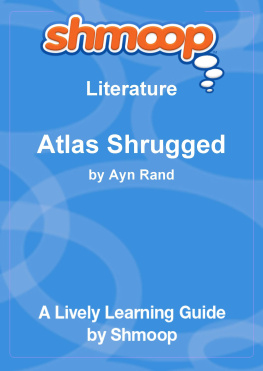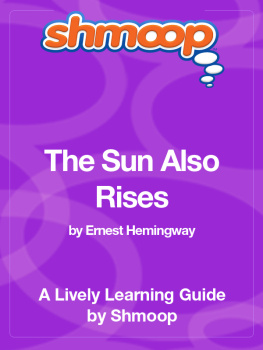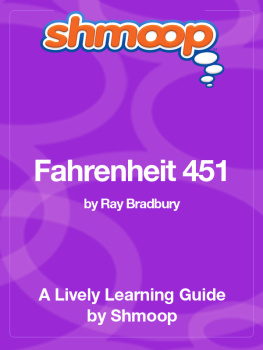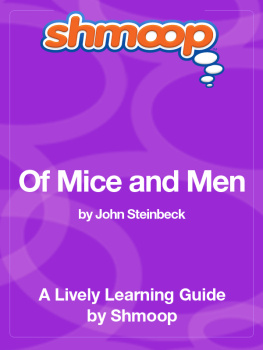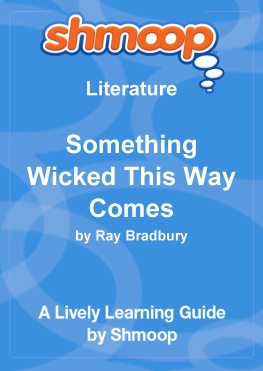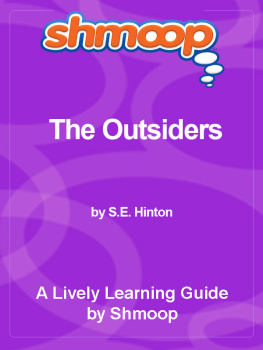
Table of Contents
In a Nutshell/Overview
Originally written in English and published in 1958, Things Fall Apart was one of the first novels by an African author to garner worldwide acclaim. Though mostly fictional, Nigerian author Chinua Achebe claims that the book documents Africa's spiritual history - the civilized and rich life the Igbo lived before the arrival of Europeans and the ruinous social and cultural consequences that the arrival of European missionaries brought. Achebe wrote Things Fall Apart as a sharp criticism of imperialism, or the European colonization of countries outside of the European continent (especially Africa and the Americas). The novel also critiques Joseph Conrad's famous novel, Heart of Darkness, which documented the African natives from an imperialist's (or white colonizer's) point of view. Achebe followed Things Fall Apart with two other novels, No Longer At Ease and Arrow of God, both of which also depict the African experience with Europeans.
Why Should I Care?
So, unless you're from Nigeria, you might not be able to relate to the Igbo culture. We bet your dad hasn't murdered your adoptive brother, and we're guessing that your country hasn't just been colonized and your culture shattered. But if you think you can't relate to this book, think again. Do you mean to tell us that you've never been afraid of becoming like one of your parents? Even an eensy bit scared?
One of the most fascinating parts of Things Fall Apart comes from watching Okonkwo's ongoing battle against being like his father. Okonkwo doesn't respect anything about his father, which is a bit extreme. Most people, though, do see qualities in their parents that scare them. You know, like the kid with the alcoholic dad who decides never to touch a drink, or the one that has a hideously penny-pinching mom who grows up vowing to never shop at a discount store or use coupons while grocery shopping.
It's common for people to fear being like their parents, and overcompensate by behaving in the completely opposite way. Okonkwo, however, is an example of what happens to a person who concerns himself more with avoiding his father's traits than with living his own, independent life.
Whats Up With the Title?
From its very title,
Things Fall Apart foreshadows the tragedy which the novel depicts. We don't mean to be downers, but can a book about things falling apart really have a happy ending? The novel documents the falling apart of the Igbo tribe due to the coming of the Christian missionaries and the rule of the English government.
The only point in the book in which the title is referenced is Chapter Twenty, when the main character, Okonkwo, and his friend, Obierika, are discussing the invasion of white men into their community. Obierika says, "The white man is very clever. He came quietly and peaceably with his religion. We were amused at his foolishness and allowed him to stay. Now he has won our brothers, and our clan can no longer act like one. He has put a knife on the things that held us together and we have fallen apart." This passage clearly ties the destruction of the Igbo people's way of life to sneaky, divisive action on the part of European missionaries and imperialists.
The phrase "things fall apart" is from a poem by W.B Yeats, which Achebe quotes more extensively in the epigraph (see "What's Up With the Epigraph?" for more detail).
Writing Style
It doesn't take much to notice that there's something interesting about the way
Things Fall Apart is written. Although Achebe writes in English, he captures the cadence of the Ibo people, particularly noticeable in the book's dialogue. In the narration, Achebe keeps it simple, directly to the point, and centered on nature. His goal is to use language to depict how the Ibo view their world. You'll also see a bunch of Ibo words and phrases pop up here and there. (Use the glossary in the back of the book when needed.)
In addition to the cadence and content choice, Achebe also uses a ton of proverbs - which is indicative of the Ibo's traditional oral culture - as well as lots of tiny stories shared people and well known in certain villages, used to discuss everything. These stories are how the people communicate with one another; they're used to explain acts of nature, traditions, history, why people act a certain way. Keeping all that in mind, let's take a look at this interaction, a few paragraphs into Chapter 12:
Some of the women cooked the yams and the cassava, and the others prepared vegetable soup. Young men pounded the foo-foo or split firewood. The children made endless trips to the stream. [...]
"The market in Umuike is a wonderful place," said the young man who had been sent by Obierika to buy the giant goat. "There are so many people on it that if you throw up a grain of sand it would not find a way to fall to earth again.
"It is the result of great medicine," said Obierika. "The people of Umuike wanted their market to grow and swallow up their market and their neighbors. So they made a powerful medicine [...]
"And so everybody comes," said another man, "honest men and thieves. They can steal your cloth from off your waist in the market." We've got sparse description, an Ibo word (
foo-foo), some cadenced dialogue, a mini-story about medicine to explain why the Umuike market is so crowded, and men finishing each other's thoughts and explanations. If you ask us, Achebe did an amazing job capturing the spirit of his native Igbo language in his
second language, English.
Tone
Clear, Descriptive, Sympathetic toward the Umuofia
Achebe narrates events pretty objectively, without many embellishments. Readers are left largely to impose emotion on the text and decide for themselves whether characters are admirable or justified in their behaviors. However, towards the end, Achebe begins showing sympathy towards the Umuofia by describing the brutalities inflicted on the people by the white government. The last paragraph of the book in particular shows a purely pretentious and self-satisfied District Commissioner with an inflated sense of Western superiority.
Narrator Point of View
Third person omniscient
Though most of the novel is focused on Okonkwo, the narrator generally provides insight into the thoughts of most characters. There are times when the narration is focused around different characters - namely Ikemefuna, Nwoye, Obierika, and Ekwefi. The multiplicity of voices allows the reader to see different characters through a variety of lenses. Access to the internal thoughts of a variety of characters also gives dimensionality to the Igbo people as a whole - Achebe never lets the reader assume that the Igbo people are homogenous and could be summed up in one single character.
Symbols, Imagery, Allegory
Folktales
To Okonkwo, folktales - especially those featuring animals - are a symbol of femininity. To him, the stories seem to show a childish love for escapism and provide few useful values or morals. Mothers and daughters in the novel have a tendency to share folktales, but they are also one of Okonkwo's son Nwoye's favorite forms of entertainment. Because Nwoye prefers folktales over bloody war stories, Okonkwo fears that his son is too effeminate.
Yams
Yams are a crop grown exclusively by men. Growing yams is labor intensive, and the size of a man's fields and harvest say much about his work ethic. Yams are grown to gain wealth and also to feed one's family. They are a symbol of masculinity and ability as a provider.





